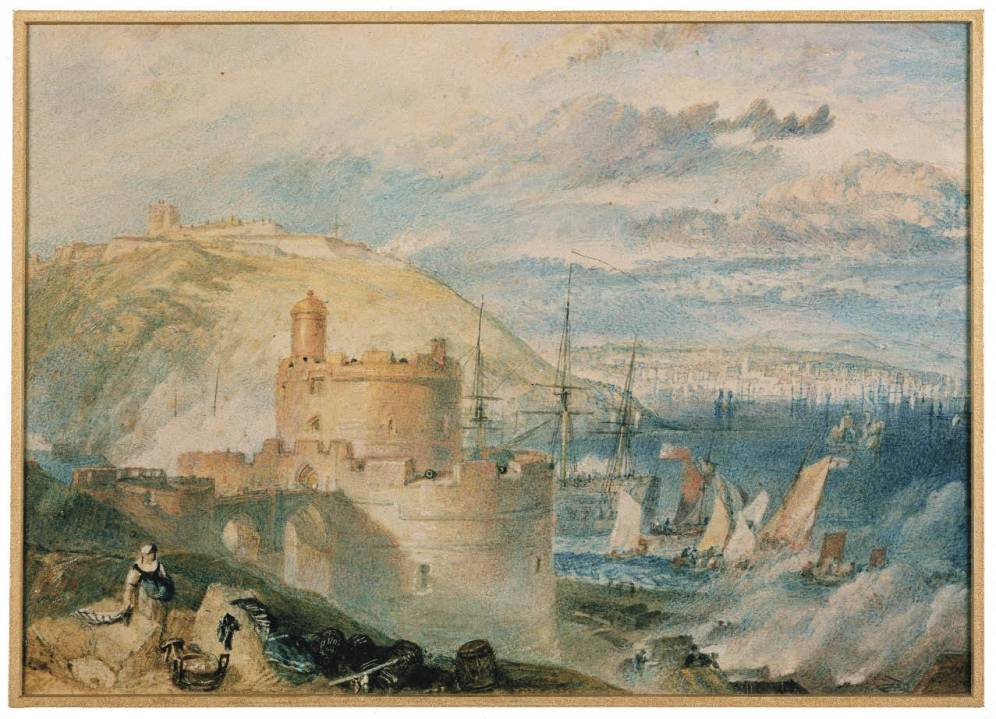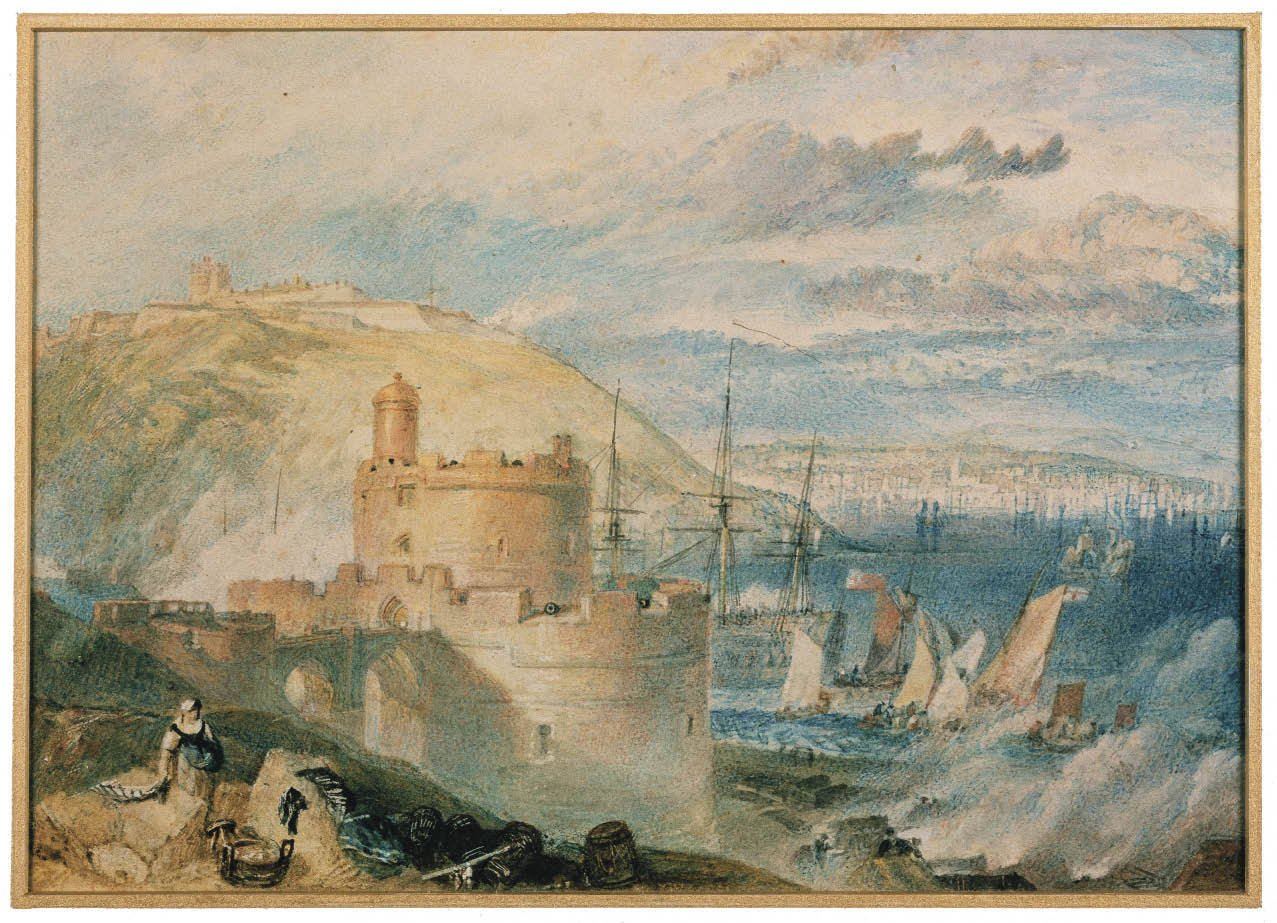Philip Marsden is a romantic historian. This is the story of Falmouth from its early days until the end of the age of sail. He writes with great love of the town near which he has lived all his life, and keeps darting from its history into personal anecdotes about expeditions made in his old motor launch Liberty, sometimes in search of pirate treasure. It makes for an attractive book.
Until the 17th century there was no town of Falmouth. Its present centre is still known as ‘the Moor’, a place where swampy land meets the tide; a bog, in fact. For this reason the original town was founded up creek at Penryn, and even when the Killigrews, the leading family of the region, first began to build round their house at Arwenack, the place was known as Smithwick.
The Killigrews played a major part in the town’s development.The first John Killigrew died in 1567 and is charmingly described as ‘a new breed of man, a semi-licensed rogue, as yet untamed, clanking out of the Middle Ages to help lay the foundations of modern Britain.’ A later Sir John was given the right in 1619 to build the first lighthouse in the West Country, on the Lizard, and found himself deeply unpopular with both the locals, who liked wrecks, and the merchant seamen, who baulked at paying a halfpenny per ton of cargo to travel past it. Eventually the Kiligrews died out, Arwenack fell to ruin and all that is now left of the family is a memorial pyramid beside the car park of the modern maritime museum.
But Falmouth survived and grew. It started to build ships, and rapidly became what it is to this day, a place for repairs and supplies. Above all, it served as the nation’s main packet port. Its trade was information: the Post Office ran its official service from there to Europe, the Americas and eventually the entire empire in thick leather portmanteaux, oiled against sea spray. Captains carried extra cargo in these fast ships and took private commissions that made them rich. Marsden describes this well, together with the sad decline in the 19th century when railways could deliver letters more easily to Liverpool and Southampton than to distant Falmouth — which, with the arrival of steamships, had in any case lost its wind advantage.
And he brings vividly to life a host of local characters. There is the West African Joseph Emidy (1775-1835), an exceptional but now forgotten violinist and composer, who languished in Cornwall because London was not yet ready for a black genius. And there is Sir Edward Pellew, whose reputation as a frigate captain was rivalled only by Lord Cochrane and who, with Cochrane, was the inspiration for Patrick O’Brian’s Jack Aubrey. Pellew’s life revolved round Falmouth until he ended as Admiral Lord Exmouth, the most famous naval officer since Nelson.
Interspersed with the history of the port and its principal figures are descriptions of the sailing ships that gave Falmouth its raison d’être. Marsden points out that seamen tend to have little fondness for the sea itself; it is ships that they love. He describes the early days of design, clinker giving way to carvel, so that the sides of vessels could be pierced for broadside guns. From a single great sail, that could only really travel downwind, were developed topsails, topgallants, and, above all, fore and aft sails. These allowed seamen to manoeuvre, more or less, to windward and proved the maritime equivalent of the invention of the wheel.
This book will be enjoyed chiefly by those who know Falmouth, of which there are many — literate holiday-makers and retirees to the coast as well as the Cornish. There are a couple of omissions. It is surprising that so little is said about the two great castles that guard the entrance to Carrick Road, and that no reference is made to what has become the only really romantic car park in England. This was the landing point, on 4 November 1805, of Collingwood’s despatches, which were then raced to London, informing the Admiralty of the victory of Trafalgar and the death of Lord Nelson.






Comments